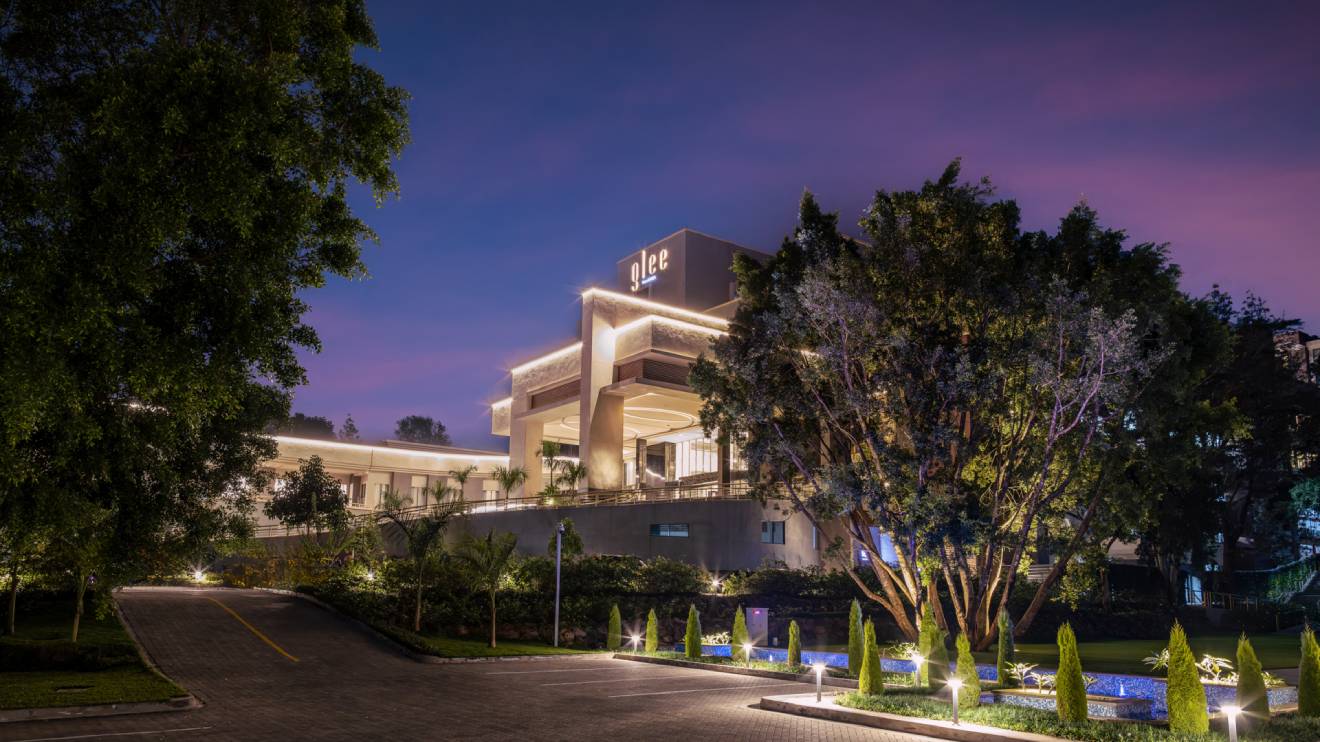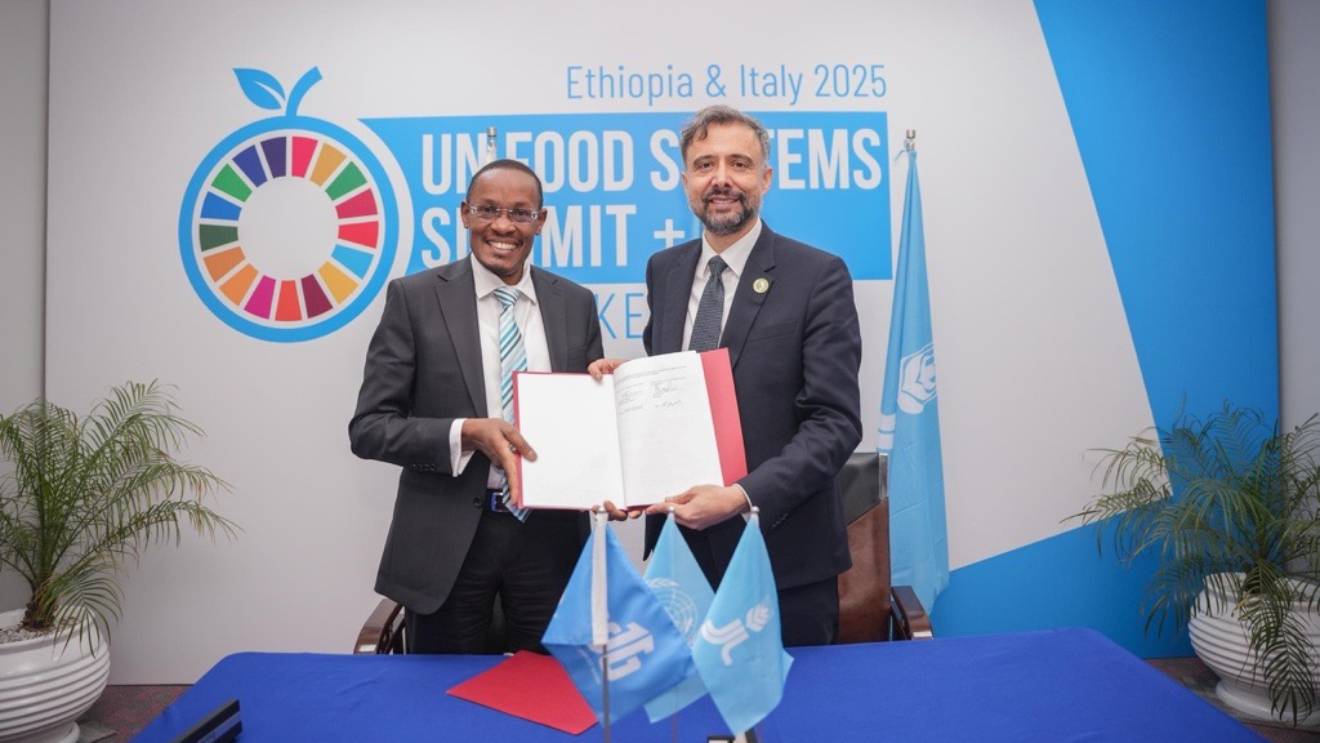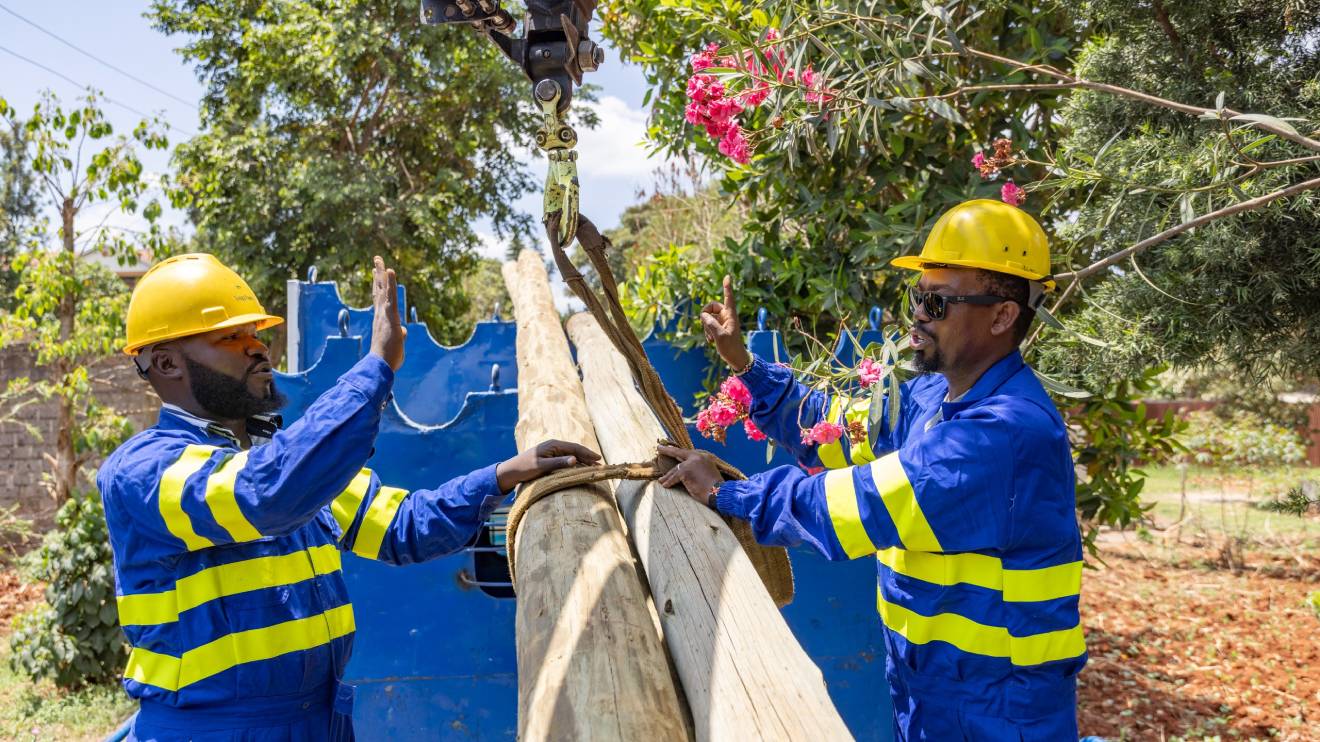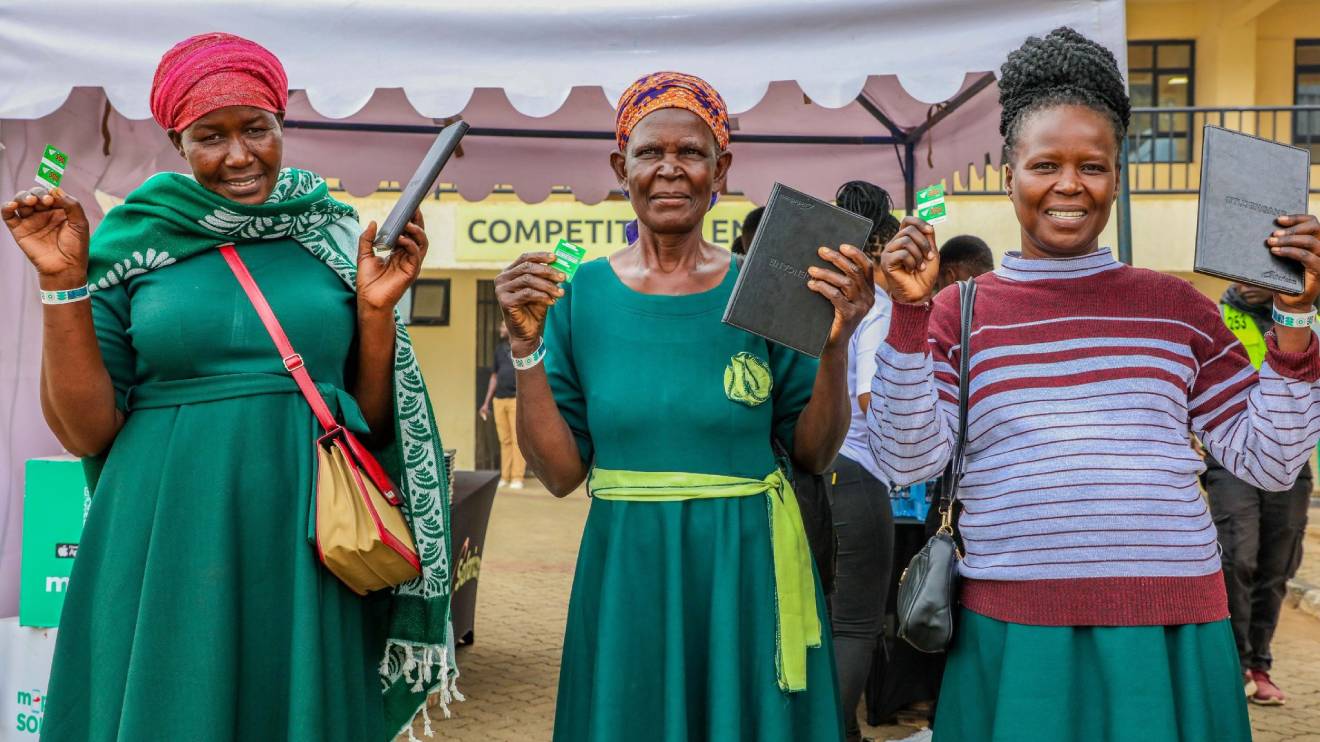The Alcoholic Beverages Association of Kenya (ABAK) has rejected NACADA’s proposed policy to tighten alcohol regulations, calling it unconstitutional and exclusionary.
The proposal, still in its early stages, seeks to raise the legal drinking age from 18 to 21, further restrict alcohol advertising, and increase the distance between alcohol outlets and schools or places of worship.
ABAK noted that implementing the policy would require amending the Alcoholic Drinks Control Act and related laws, adding that they expect stakeholder and public involvement through Parliament and county assemblies.
They criticised NACADA for developing the draft without industry input, stating, “It is unfortunate that the policy was developed without the input of alcohol manufacturers who could have added valuable inputs to the policy.”
The association insisted that Kenya already has adequate legal frameworks regulating manufacture, sale, and advertising of alcohol, but enforcement remains weak.
Read More
“As ABAK, we are of the view that there are currently adequate restrictions in national and county government laws to curb the abuse of alcohol. There are sufficient laws that regulate the manufacture, distribution, advertising, and sale of alcohol at both the national and county levels.”
According to ABAK, a study by Euromonitor International found that 60 per cent of alcohol consumed in Kenya is illicit, underscoring enforcement failures over legislative inadequacy.
“This means that, regardless of the current legal drinking age of 18 years, Kenyans have more access to illicit alcohol than they do to legal alcohol.”
ABAK also dismissed further advertising restrictions as unnecessary, noting that current laws already prohibit targeting minors.
“E-commerce platforms also restrict access to minors and work and train those who deliver alcohol to only hand alcohol products to adults.”
On proposed zoning rules, ABAK cited existing proximity laws and the long-standing coexistence of schools and religious centres with shops in urban areas.
“It is worth noting that in many urban centres and towns in Kenya, areas designated for shopping centres also have schools and places of worship nearby, and these have coexisted in the community in harmony for many decades.”
While reaffirming its support for responsible drinking and anti-illicit trade efforts, the association urged for inclusive policy-making grounded in existing law.
“ABAK is supportive of responsible consumption of alcohol beverages, fight against illicit and prevention of underage drinking.”
The debate now shifts to Parliament and county assemblies, where the proposals will be subjected to scrutiny and possible amendments, opening a crucial window for stakeholders like ABAK to formally raise their objections and propose alternatives.







